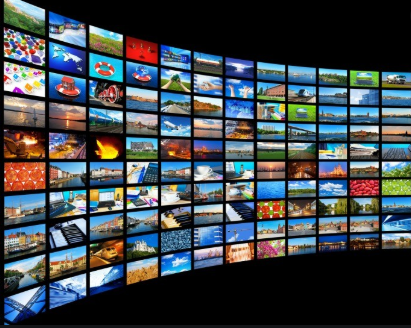 The march of COVID 19 dominated world news this week with impact across the entertainment landscape—from the widespread closure of cinemas, to mass demand for broadband capacity, to the cancellation or postponement of major sporting events, including the 2020 Tokyo Olympics.
The march of COVID 19 dominated world news this week with impact across the entertainment landscape—from the widespread closure of cinemas, to mass demand for broadband capacity, to the cancellation or postponement of major sporting events, including the 2020 Tokyo Olympics.
Some other business continued nearly as normal, however. Disney+ launched in many key European markets this week, although it has postponed its French launch until 7 April. In Germany, reports suggest that Disney+’s exclusive partnership with Deustche Telekom mean it will not be launching on Sky Q in the nation until April 2021.
The COVID 19 crisis has led to a boom in home streaming, and many other new launches are sticking with previously set schedules. NBCUniversal’s Peacock is still planning to launch in July, while Quibi’s April and HBO Max’s May launches are still pegged to go ahead too. Indian streaming service Eros Now is adding an English-language layer to its upcoming service upgrade Eros Now Prime, bolstered by a content partnership with NBCUniversal.
A few mergers and acquisitions also completed this week, with FaceBank, a virtual entertainment company focusing on sports and celebrities, buying sports streamer fuboTV. In India, Facebook is reportedly looking to buy a 10% stake in disruptive mobile operator Reliance Jio, in a deal which could be worth multiple billions of dollars. Italy’s Mediaset, which appears to be moving forward with its pan-European plans under the brand MediaForEurope, has increased its stake in Germany’s ProSieben from 15.1% to 20%.
With most sports on hiatus, the upcoming rights tender for German Bundesliga soccer, which was originally scheduled for May, has been pushed back to June, with all matches currently postponed until at least 30 April 2020. China, which has begun to ease off on its lockdown as new cases of COVID 19 slow, is hoping to give its circa 700 newly re-opened cinemas a boost by re-releasing select classic blockbuster movies, including the Avengers and Avatar franchises.
Finally, as broadband networks struggle with the strain placed on them by mass home working and self isolation, YouTube has joined the ever-increasing list of streaming companies (that already includes Netflix and Facebook) switching the default playback quality rate to standard definition (SD) globally.
Source: Ampere Analysis


